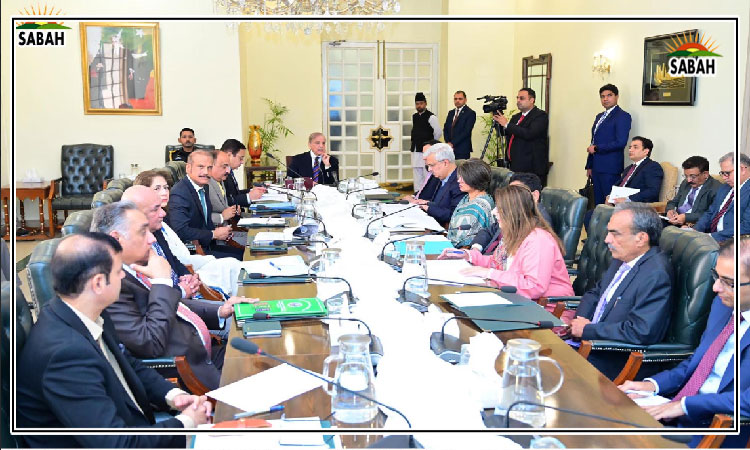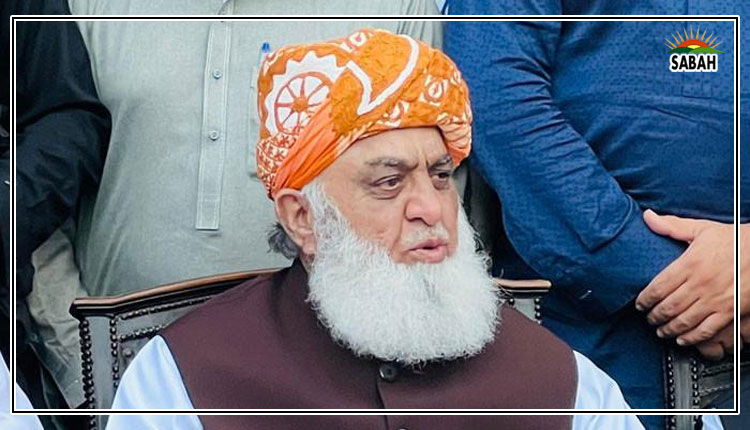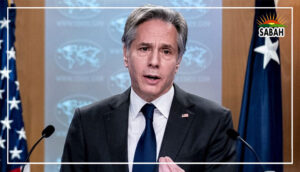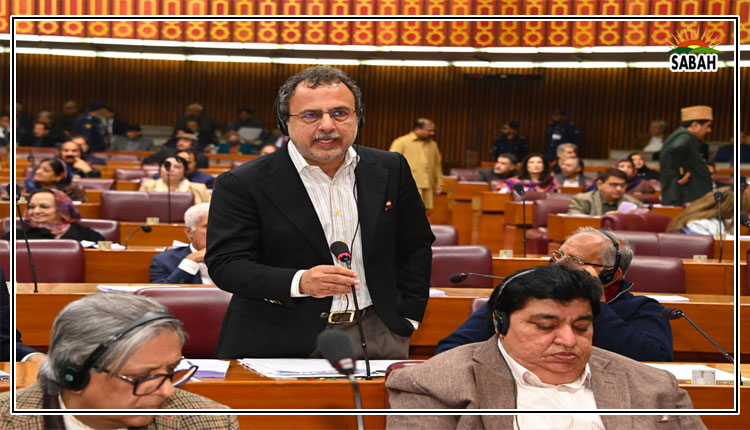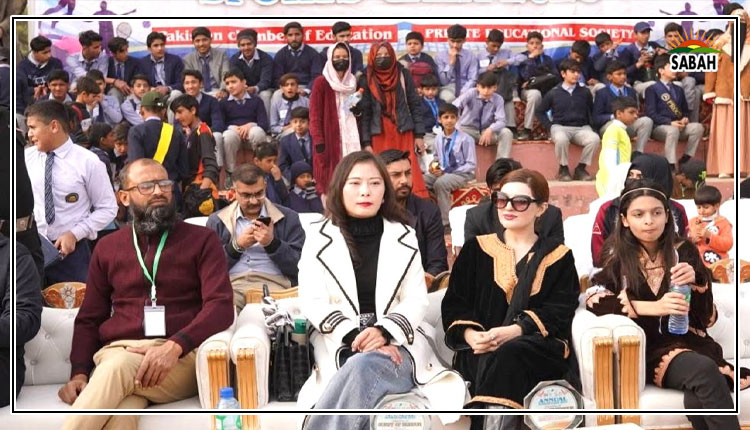Restructuring academia…Sheharyar Ahmed
The faculty at Pakistani universities is extremely busy. Its only priority seems to be research publications as the number of research articles published has become an important criterion to gauge the performance of faculty members, instead of the content taught in the classroom.
This leaves no incentive for most faculty members to put in dedicated efforts into teaching. The HECs promotion policies nurture this culture as incentives are primarily reserved for people who know the art of publishing research articles.
Thanks to policymakers, the current situation is that academic faculty at Pakistani universities produce hundreds of research articles on a daily basis. But some important questions are: is this research contributing to knowledge creation? Do our researchers produce something novel in their respective fields? Save a few exceptions, the answer to these questions is no.
The research conducted and published in Pakistan generally has a narrow scope; the topic selection is vague, and, in most cases, the research gap is not identified and worked out properly. Topics chosen for research in social sciences have very little variation and are more directed towards the application of a particular methodology, let alone applied sciences.
The research gap is justified by varying the scope of study or in some cases changing sample is considered sufficient resulting in research which is just a mere repetition of what has already been done and has a little impact and less variation.
The huge supply of research articles from universities is absorbed by desperate research journals which charge a particular fee. Such charges become nominal when divided between or among authors. Since publication is almost guaranteed, it culminates in a research culture where we have a huge number of researchers queuing their research articles, waiting for journals to accept most of these journals do not disappoint them.
Amid this publication race, what is the incentive left for faculty members who want to dedicate their energies to teaching? Why would teachers allocate working hours for preparing lectures by consulting different books and other sources? If they do so, their career growth is at stake going by the latest trends.
While teaching standards continue to plummet, are we able to produce the desired results from the research-oriented model of education? Research at universities is primarily aimed at supporting industries and other line departments and providing solutions to contemporary issues.
One can argue that research is not instantly translated into the final output as it requires ample time to go through multiple phases of trial and error before becoming a workable product. This argument is valid if researchers are innovative, unorthodox and risk takers. Since the research incentive model does not foster this approach, we barely find any such examples in our country.
A major portion of students enrolled in universities comprises undergraduate students. At this level, these students are too young to take up research courses. The dilemma is that the obvious choice for the faculty given the trade-off between publications and teaching hours will generally be to allocate more time and energies to research unless one is driven by some personal ambitions and objectives. Resultantly, students are left on their own to learn about new topics. Obviously not all students have the capacity to acquire knowledge in this way.
It can also be argued that universities across the world are focusing on the research-oriented model, which is quite understandable as in the contemporary world, citations of research articles may lead to good rankings of a university.
This is beneficial for countries like Pakistan, where higher education institutions face a plethora of problems and find it difficult to sustain amid budgetary cuts, inadequate commercialization and burgeoning financial problems. In this regard, a good rank serves as a major tool to attract students.
Since the revenue part of the financial model of universities is mainly dependent on the student enrollment, HEIs in Pakistan tilt towards research publications. Faculty members are encouraged to publish their research and the marks allocated per publication become a deciding factor in teachers appointments and promotions.
An academic balance is imperative for the future, as our youth studying in universities deserve quality education in line with global standards. Undoubtedly, this has a lot to do with the standards of teaching. The HEC needs to re-consider its model of incentivizing research and must revamp it accordingly.
A balance between teaching and research is essential as the system demands both a good academician and a good researcher, and it can only be achieved if the HEC introduces and enforces a policy that incentivizes quality teaching.
Courtesy The News



